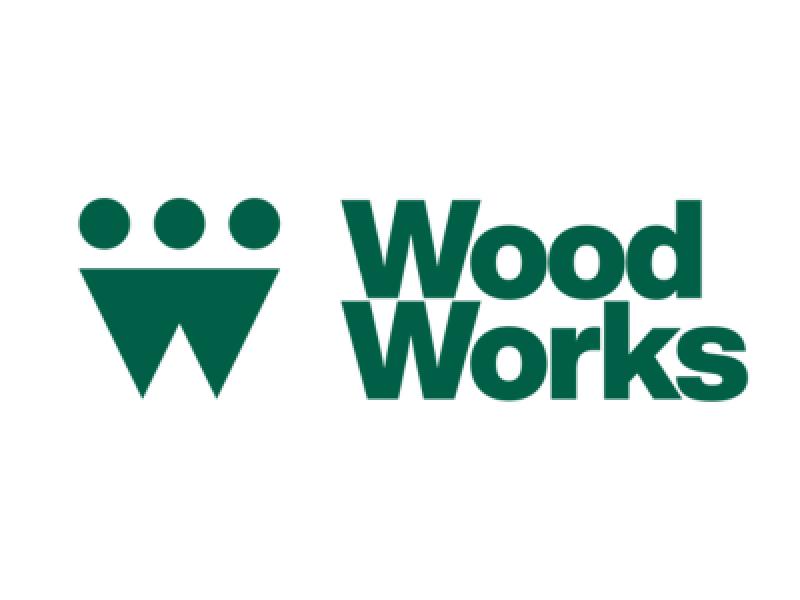
GUEST SUBMISSION: Consumers are more environmentally conscious than ever, seeking out products and services from companies that align with their personal values.
In fact, consumers believe brands have as much responsibility as governments to create positive environmental change. With the growing demand for climate action, over 80 per cent of companies reported plans to increase spending on environmental sustainability initiatives this year.
Sustainability has become a buzzword in the corporate world, with more and more companies touting their commitment to reducing their environmental impact. And for good reason — sustainability presents brand marketing opportunities that can benefit your bottom line. But companies will only see the real benefits of sustainable business if they’re actually doing the work.
Be the employer that cares
Building your reputation as an employer who prioritizes environmental responsibility and actively works to combat climate change can be an effective strategy to attract top talent. Over half of Gen Zs and millennials say they research a brand’s environmental impact and policies before accepting a job offer.
Sustainable business practices, like an incentive to bike to work or carbon offsetting programs, resonate with employees who seek purpose-driven work environments. Companies that prioritize sustainability often see higher levels of employee satisfaction and retention.
Being a climate leader improves your ability to attract and retain top talent in a competitive market, in turn, creating stronger, lasting teams. With less turnover and more recruiting draw, your hiring recruiting costs will decrease and your company’s productivity (and profitability) will benefit from the continuity of a long-term, dedicated team.
Sustainability fosters innovation
Complicated issues like the climate crisis require creative solutions. When you commit to reducing waste, conserving resources and minimizing environmental impact, you’re forced to get creative with how these changes will be integrated throughout your business. Through problem-solving, new ideas are born, pushing your business to grow and innovate — which ultimately leads to better business.
Innovative solutions can span all aspects of your business — consider green infrastructure like recycling rainwater and collaborative partnerships with other sustainable organizations. But you’ll discover the biggest opportunities for your business when you start integrating sustainability into product or service development. This kind of innovation is an opportunity to strengthen your business, do something completely new, and take advantage of a rapidly growing industry.
At Redbrick, our team has started the formal assessment process for our carbon footprint. Even early-stage metrics have given us a better understanding of how to reduce our footprint. Beyond that, it has inspired us to explore tech-driven climate solutions. We’re working on sustainable technology that has synergies with our existing portfolio, including building tools for entrepreneurs to minimize their environmental impact in the digital space.
Sustainability has opened up untapped, successful channels of innovation in our business.
Strategies to reduce your carbon footprint
The first step in climate action for your business is to identify areas of high emissions and implement targeted strategies to reduce them. This might involve investing in energy-efficient technologies, optimizing transportation and logistics operations, or transitioning to renewable energy sources. Deep evaluation of your current operations is an investment, but it’s also an opportunity for efficiency: all of these strategies could be cost-effective solutions for your business.
Before you start, conduct a comprehensive carbon footprint assessment. You need to understand where carbon emissions are being produced within your organization, including direct and indirect emissions.
Direct emissions (Scope 1), such as vehicle emissions or fuel combustion, are emissions that a company generates while performing its business activities. Scope 2 and 3 greenhouse gas emissions are indirect and can be more challenging to identify. These include emissions that stem from generated energy or any other indirect emissions in the value chain, such as shipping, water consumption, or business travel.
Don’t overlook emissions associated with technology and internet usage. Every email, website visit, appointment booked online and video streamed on social media emits carbon dioxide due to the energy required to power devices, store data and access Wi-Fi.
On a global scale, digital technology and internet usage are responsible for four per cent of all greenhouse gas emissions — the same footprint as the entire aviation industry — and this digital carbon footprint is predicted to double by 2025.
Your digital carbon footprint may represent a sizable portion of your emissions and not seeking accurate assessment could lead to inaccurate claims about the scope of your climate action or carbon neutrality.
Integrate sustainability meaningfully
Your business needs to go beyond lip service to take actionable steps toward sustainability. Environmental claims from companies are widespread — but not all are sincere. Business leaders fear rampant greenwashing because it undermines honest efforts to build environmentally friendly brands.
Take a step back and look at your business holistically, from operations and product to digital usage and office emissions. Strive to understand your company's carbon footprint, and then put in the work to reduce it. When companies are putting significant effort into addressing the climate crisis, consumers take notice.
As Harvard Business School professor Rebecca Henderson notes, doing well and doing good are intertwined. Businesses that consciously work towards lowering their carbon footprint are making a positive impact on the planet for the benefit of society. And when done correctly, sustainability can be a very effective tactic to differentiate a brand, increase loyalty among customers and stakeholders, and ultimately boost a company’s bottom line.










